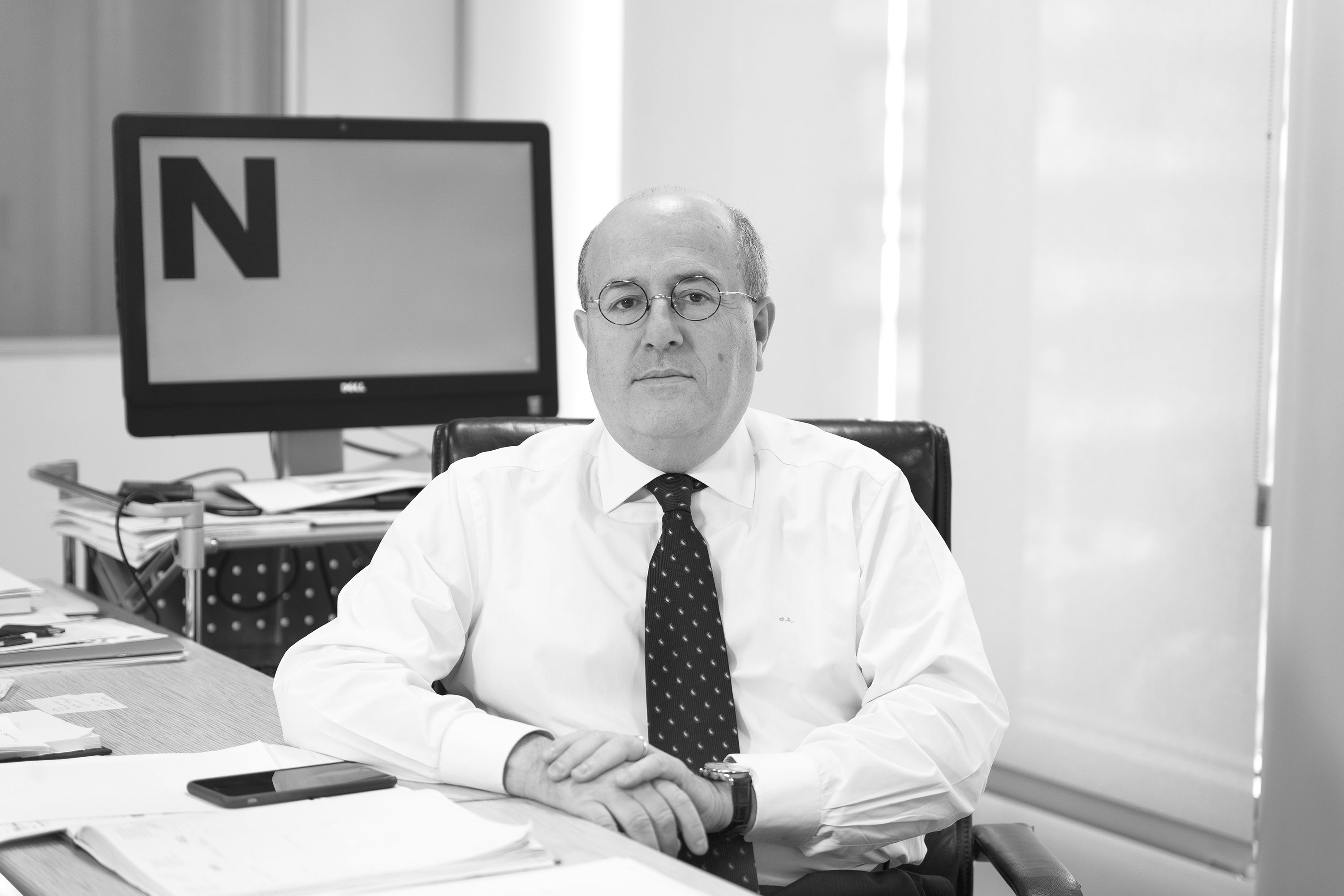The nine Catalan political prisoners have begun to arrive at the Catalan prisons of Lledoners, in central Catalonia, and Puig de les Basses, near the northern town of Figueres, after an authentic ordeal in the Madrid prisons of Estremera, Alcalá Meco and Soto del Real and a long and unjust deprivation of liberty, which will continue for an indefinite period of time. A total of 260 days imprisoned in the case of the Jordis, Sànchez and Cuixart, 243 days for Oriol Junqueras and Joaquim Forn, 134 for Jordi Turull, Josep Rull, Raül Romeva and Dolors Bassa, and 103 nights in prison, for the speaker Carme Forcadell. They left Catalonia as free citizens and return deprived of their liberty and in an absolutely paradoxical situation: they should be in government, because their deprivation of liberty is unjust and the pro-independence perties won the Catalan elections in December. And, on the other hand, a pro-independence minister will have ultimate responsibility for carrying out the decision of Supreme Court judge Pablo Llarena.
For the next few days, mobilizations outside the prisons have been announced, as well as a large demonstration in Barcelona on Saturday 14th July. It is obvious that emotions will run high in the coming days, especially when accusations by the PP and Ciutadanos parties are heard more loudly than ever, determined to keep pumping a narrative that has been revealed as false and based on lies. On one huge lie, in which those who carried out an authentic institutional coup against the Catalan institutions ended up blaming their adversaries for perpetrating it. The suspension of the Catalan government and the dissolution of Parliament were a clamorous violation of the constitution, yet those who publicly defended the constitution were unscrupulous in their decision to apply article 155.
So they left free and return as prisoners but the demand for their release will be stronger than ever in the coming days. All this will also coincide with the meeting between the Spanish prime minister, Pedro Sánchez, and the Catalan president,Quim Torra, next Monday. It will not be an easy encounter for either of them. The former, willing, he says, to discuss competencies, suspended laws and little else, and Torra, obliged to insist that the key lines of the negotiation must be the prisoners, the right to self-determination and a referendum. What is clear is that the transfer of the prisoners is not in any way a bargaining chip in return for anything, but rather, simply compliance with the current law.
And a warning for those who will begin to debate in a few days whether the nine political prisoners supposedly enjoy special privileges because of the fact that the prisons are under the supervision of the Catalan authorities. A look at the prison of Brieva, in Ávila, where king Felipe's brother-in-law Iñaki Urdangarin is an inmate, would certainly bring any debate on that to a rapid close.

